Tokenization in Albania: A New Way to Invest
Today we’re heading to beautiful Albania — a country of turquoise seas, dramatic mountains, and fresh opportunities. In this article, we’ll explore how tokenization is taking root here and reshaping the way people invest.
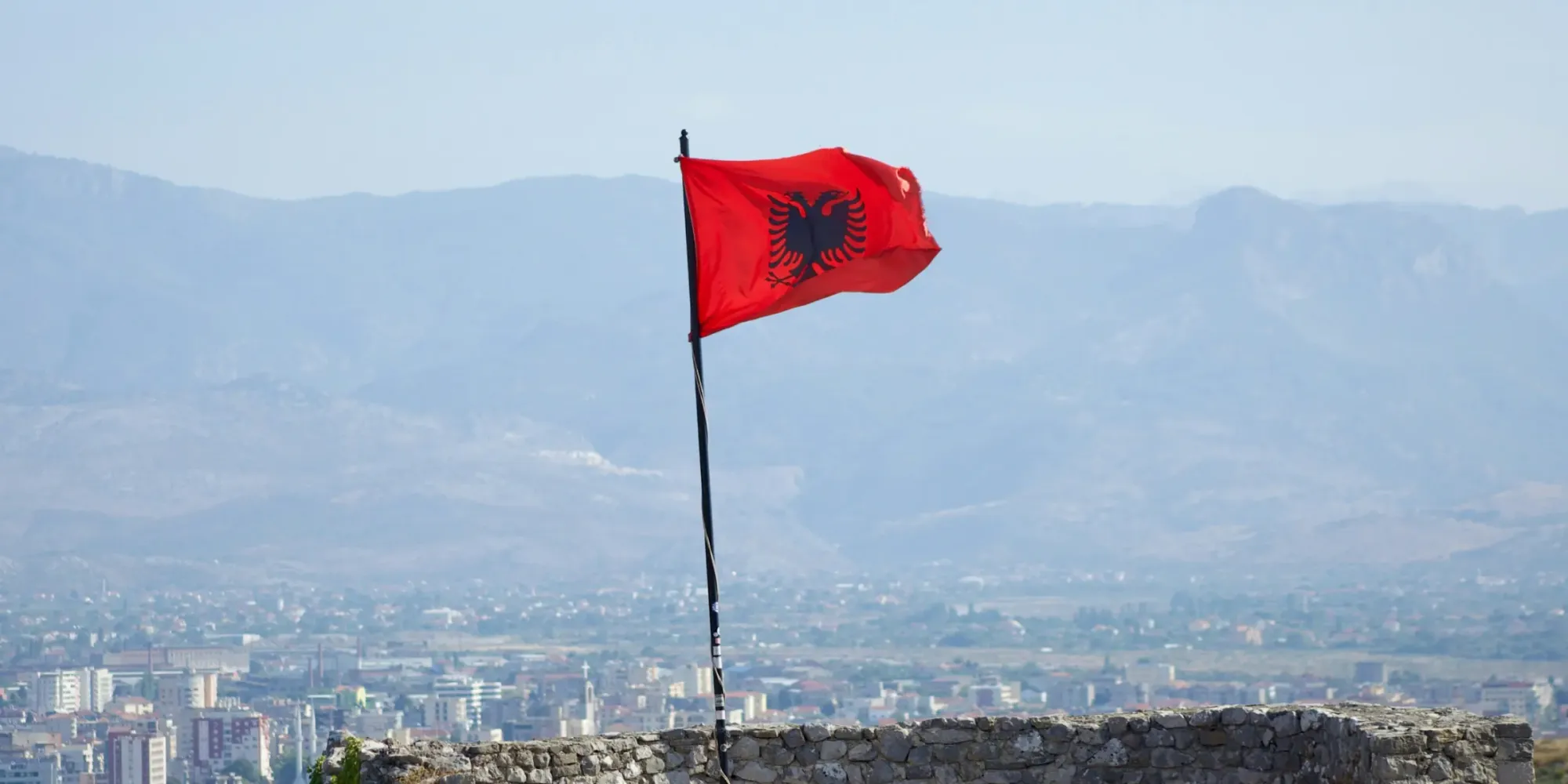
Albania, a country renowned for its breathtaking natural landscapes and steadily growing economy, has in recent years begun to embrace a promising new technology—tokenization. This idea may sound complex, but in Albania it is beginning to change how people think about property investing.
Tokenization is the process of turning a real asset, like a building or a piece of land, into many small digital tokens on a blockchain. Each token acts like a share of the asset. For example, instead of one person owning 100% of an apartment, the building could be split into 1000 tokens so that 1000 people each own 0.1%. Investors can then buy, sell or trade these tokens more easily. These tokens carry real value, backed by legal title or income from the property. In practical terms, tokenization makes it cheaper and faster to invest in big assets. Instead of needing millions of euros to buy a whole apartment, a person could invest a few hundred euros to buy tokens.
This article gives a clear and interesting overview of how tokenization works in Albania today. We follow a story—from early technology foundations to real examples, regulations, and future outlook.
Why Talk About Tokenization in Albania?
Albania is a small but fast-moving country in the Balkans. It has a long coastline, beautiful mountains, and is working to join the European Union. This opens the country to new ideas and global money. Tokenization brings digital tools and global access to real estate. If done well, it can help modernize investment, bring outside capital, and make real estate more fair and open.
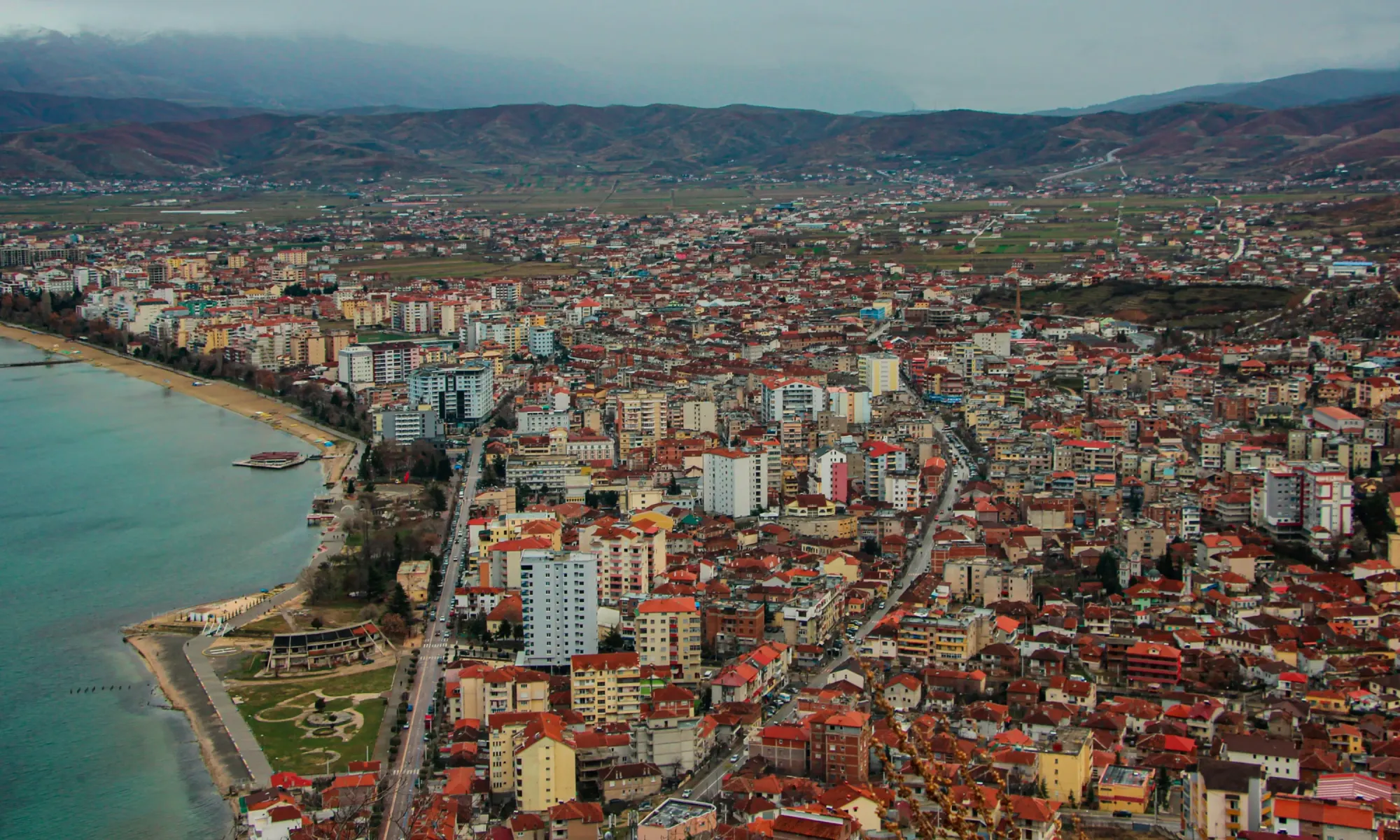
Before we look at real projects, let us understand how the legal and technological ground was laid.
Legal and Digital Foundations
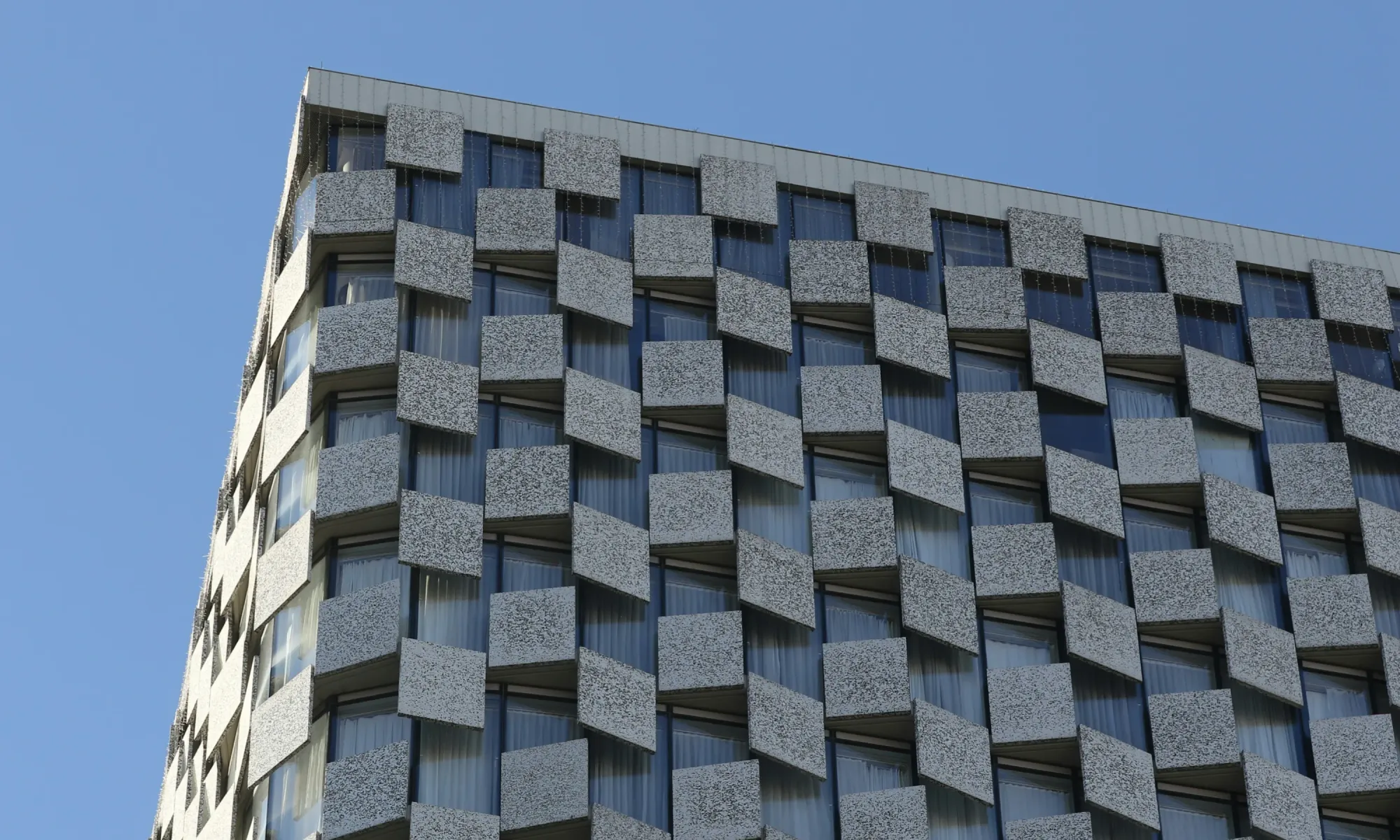
Albania has made important steps to modernize its property system. The government created the State Cadastre Agency (ASHK) in 2019 to register all property officially and digitize the cadastral maps digitize the cadastral registers. This means ownership is clearer and safer.
The country also started using digital services more. The e-Albania portal, run by the National Agency for Information Society, helps citizens access government documents and services online streamline access. These steps show that Albania is ready for digital innovation in many areas, including real estate.
Blockchain and Crypto in Albania
At the same time, Albania started forming laws for cryptocurrencies and digital assets. In 2020 the government passed a Distributed Ledger Technology (DLT) law on financial markets. This law clearly defines how digital tokens and cryptocurrencies can be issued and traded. According to a legal overview, Albania “has adopted special laws that define in detail the legal status of virtual assets”. In other words, the rules are there so businesses can use blockchain without legal uncertainty.
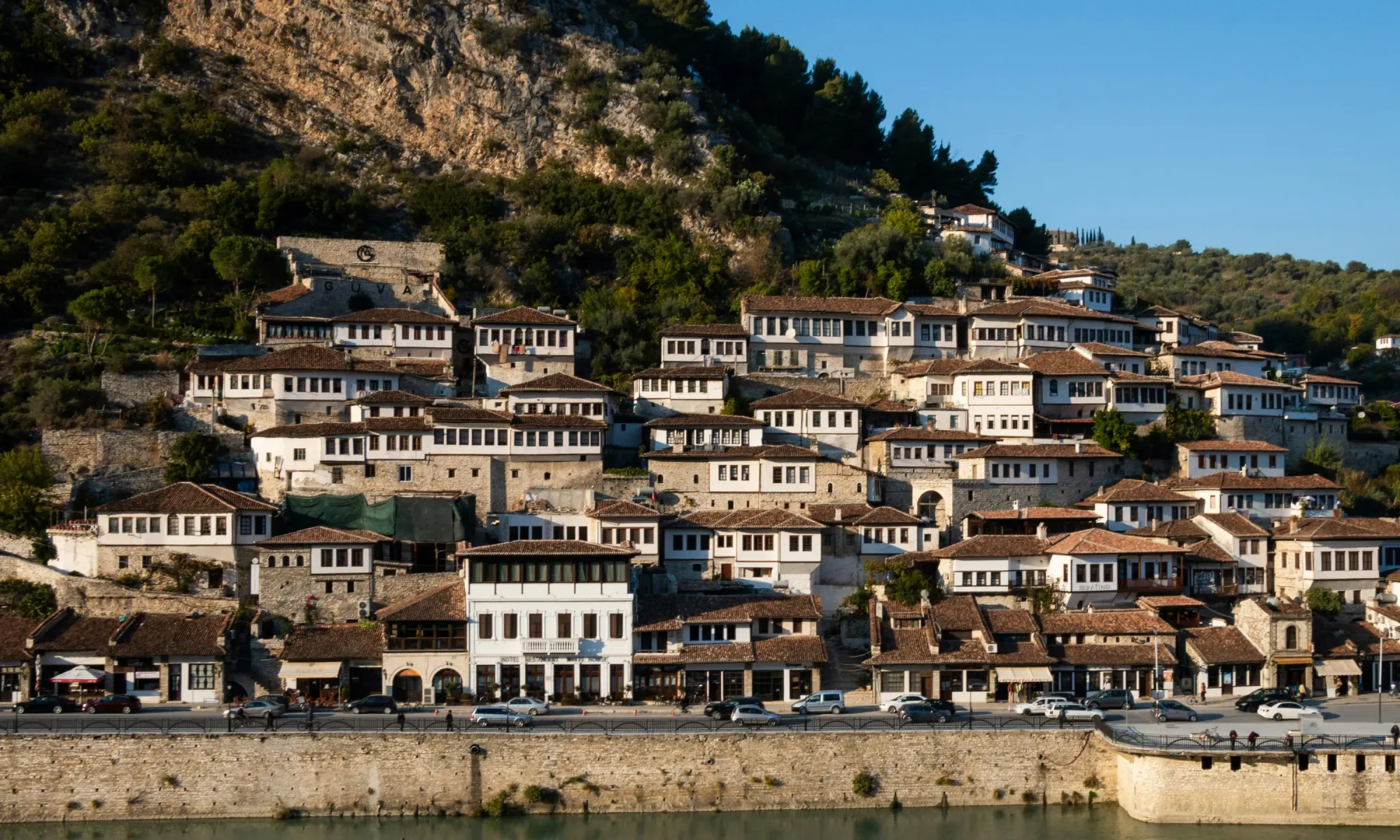
In June 2022, the Albanian regulator approved a licensing regime for crypto exchanges – the first of its kind in the region. This strengthened the 2020 law and showed the country’s commitment to digital finance. Under these rules, any platform dealing in digital tokens or virtual currencies must be licensed and follow strict procedures. The law even classifies tokens by their purpose. For example:
- Payment tokens – used as a method of payment (like a digital currency).
- Security tokens – act like stocks or bonds, giving ownership or profit rights.
- Asset tokens – treated as investment products, backed by real assets (like a share of a property).
These definitions mean that if someone tokenizes a piece of real estate in Albania, they must follow the rules for “asset tokens” and possibly securities laws. The clear law makes tokenization safer: investors know how tokens are classified, and issuers must get approvals and provide disclosures.
First Real Steps in Real Estate Tokenization
Tokenization moved from idea to reality in 2023. A company called Heritage completed Albania’s first-ever real estate token transaction. They tokenized a €60,000 apartment in the city of Vlora. Thirty-two investors took part in the purchase of fractional ownership using blockchain complete tokenization. The company said they planned more projects worth up to €2 million total expand operations.
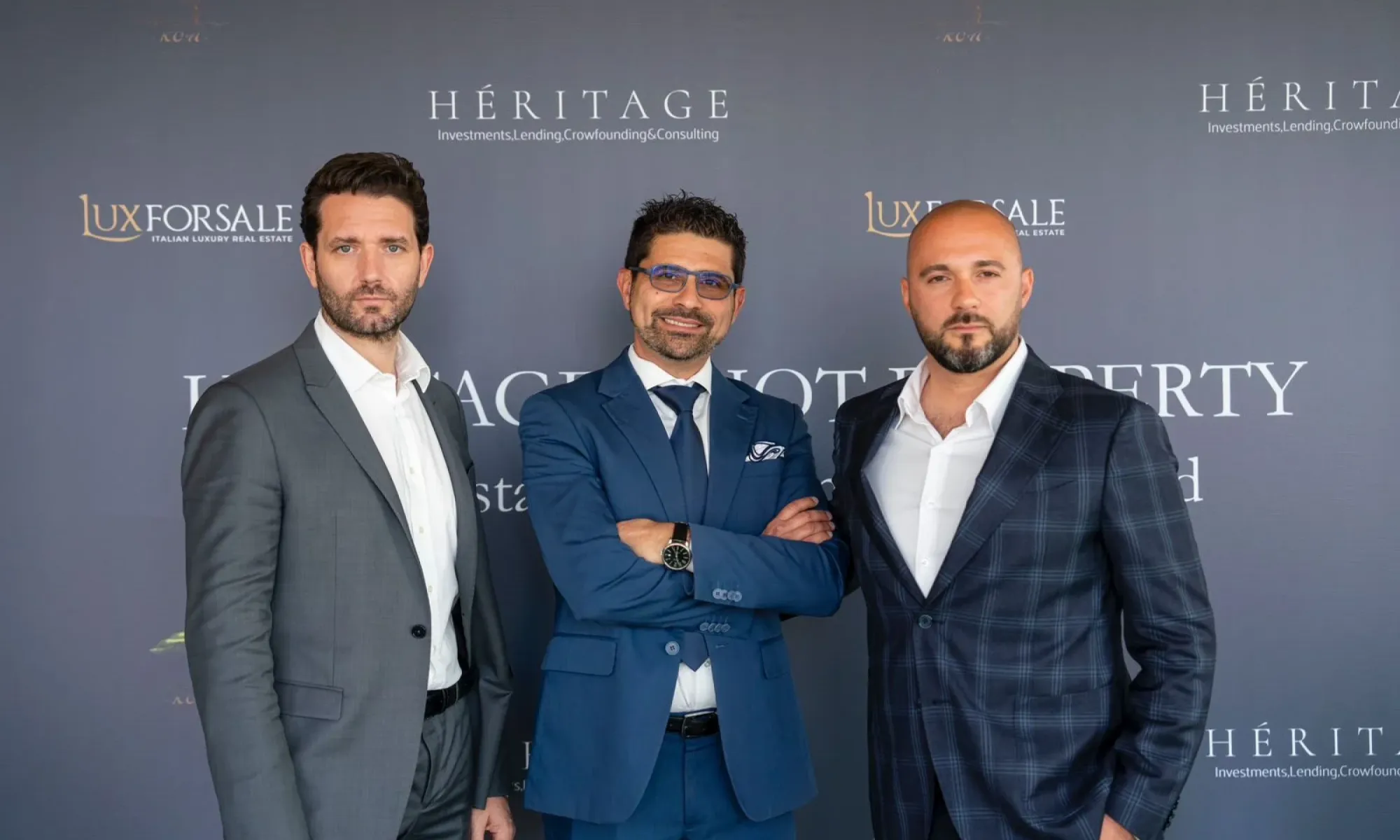
This event showed that property could be broken into digital tokens and sold in small shares. It opened the idea that even people with small budgets could invest in real estate.
T-Blocks and Local Initiatives
A leading force in Albanian tokenization is T-Blocks. Founded in 2023, T-Blocks is an Albanian startup that builds digital infrastructure for real-world assets. It positions itself as a bridge between local assets and global blockchain markets. For example, a Web3 industry network describes T-Blocks as “the first tokenization gateway in the Balkans region”. The company is creating platforms and funds where real properties and projects can be tokenized and sold to investors worldwide.
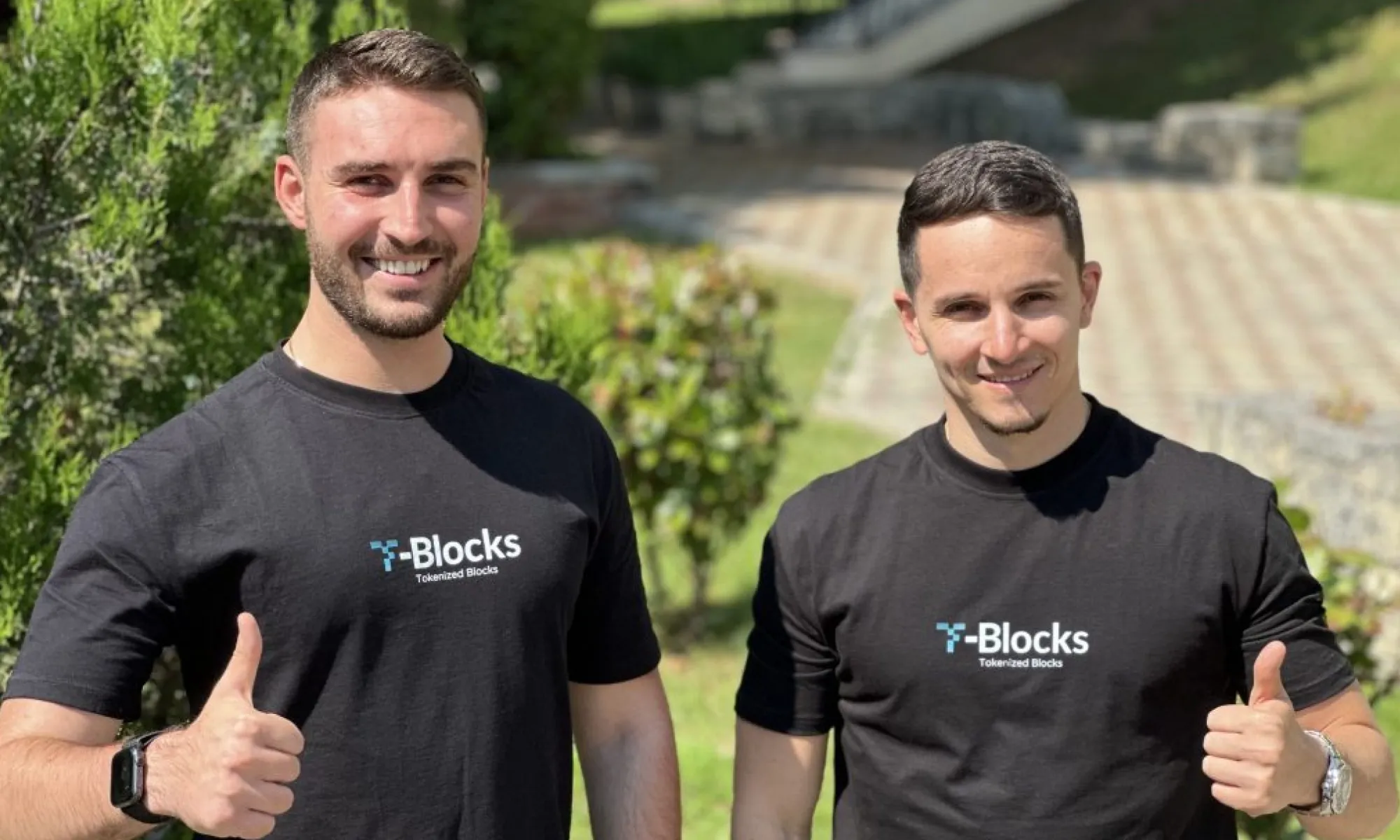
T-Blocks has already launched some major projects. In May 2024, it announced a partnership with Elen, a renewable energy company based in Kosovo. The goal of this partnership is to bring new solar and wind energy projects in the Western Balkans onto the blockchain. In their own words, they want to “connect renewable energy investment projects in the Western Balkans and the Kosovo diaspora with blockchain investors”. This means Albanians living abroad (and others) could buy tokens representing parts of a solar farm or wind park, thus funding local green energy through digital investment.
T-Blocks’ platform lets real assets be “represented and traded digitally”. In practice, this could mean a company lists a resort or a power plant and sells tokens that each give the owner a share of income or future sale value. All transactions are recorded on a blockchain, and the official property records stay in sync with the token ledger. This kind of system can greatly speed up transactions and reduce paperwork, while keeping the investment secure. As T-Blocks’ co-founder has said, tokenization aims to remove financial barriers and give more people access to assets.
According to industry reports, T-Blocks and its partners are eyeing projects worth hundreds of millions of euros, including real estate, marinas, and energy parks. The company has structured its services under EU financial law (based in Luxembourg), so that global investors have regulatory protection. This shows Albania’s tokenization plans are being built to international standards.
Why Tokenization Matters for Albania
Tokenization could bring many benefits to Albania. One key factor is the large Albanian diaspora (families in Italy, Greece, the US, etc.) who send money home. Tokenization offers a new way for those abroad to invest directly in Albania’s development. For example, by buying tokens of a new hotel or a renewable energy plant instead of just sending cash. This can channel more capital into the country. As mentioned, T-Blocks specifically aims to tap into the “Kosovo diaspora” and wider Balkan investment networks.
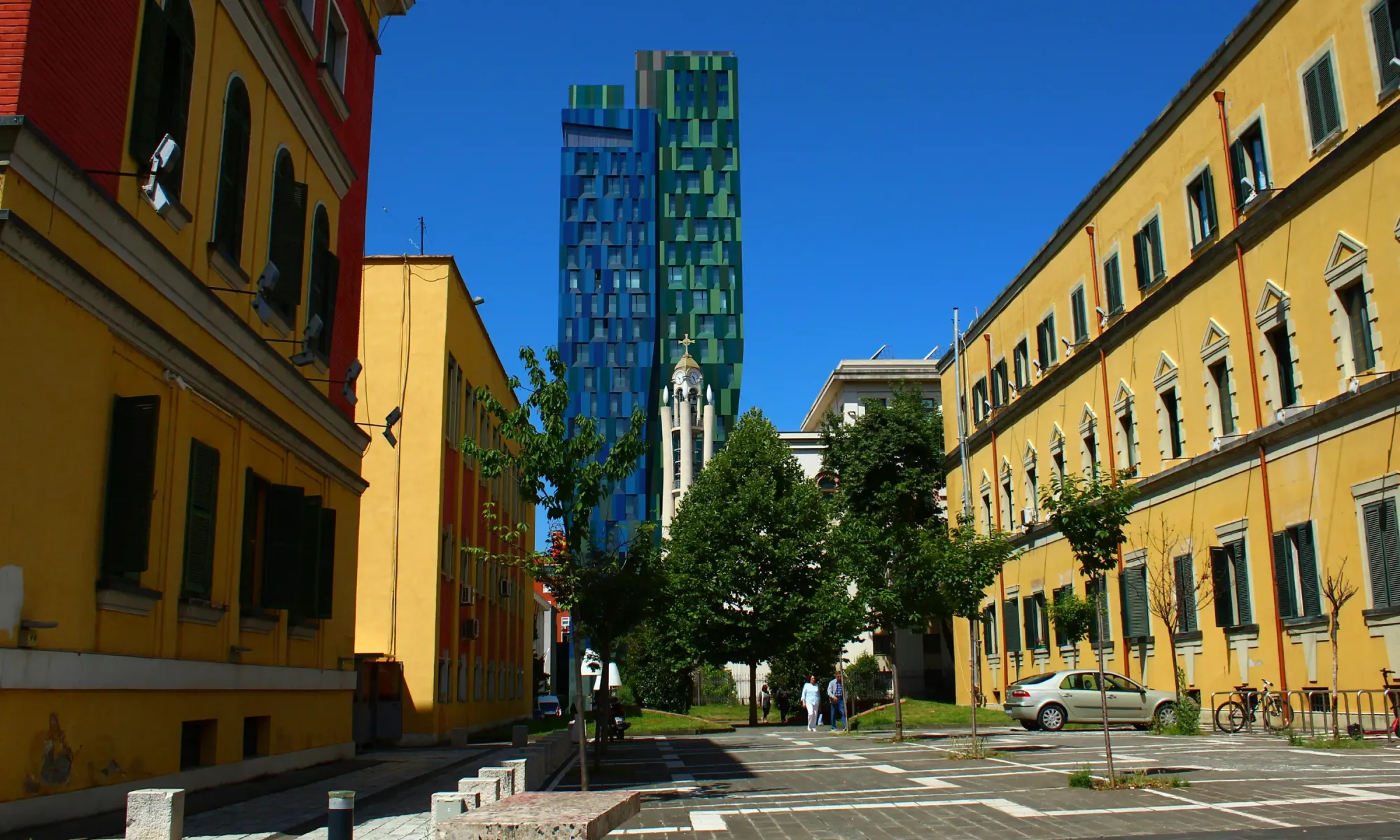
For local Albanians, tokenization means small investors can join big deals. A young Albanian with €500 in savings might not be able to buy an apartment outright, but they could buy 0.1% of a building via tokens. This democratizes investment. Developers and businesses could raise funds faster by selling tokens, reaching many small investors instead of one big bank loan. Over time, experts believe this will increase foreign investment and help balance economic growth. In the words of a T-Blocks co-founder: soon “you will hold real world assets in your personal wallet – a piece of the best Albanian… tourist resorts, a piece of green energy parks”. This vision shows how tokenization could make Albanian assets accessible to anyone with an internet connection.
Challenges and Future Outlook
The tokenization scene in Albania is still very new. So far, only a few projects are in planning or pilot stages. Many people do not yet know how blockchain investments work. Education and trust-building are needed. Regulators and banks also have to adapt to this technology. However, the strong legal framework gives a solid foundation. In fact, analysts note that Albania “has managed to develop a solid system of cryptocurrency legislation”. That means the basic rules are already there to let tokenized business grow safely.
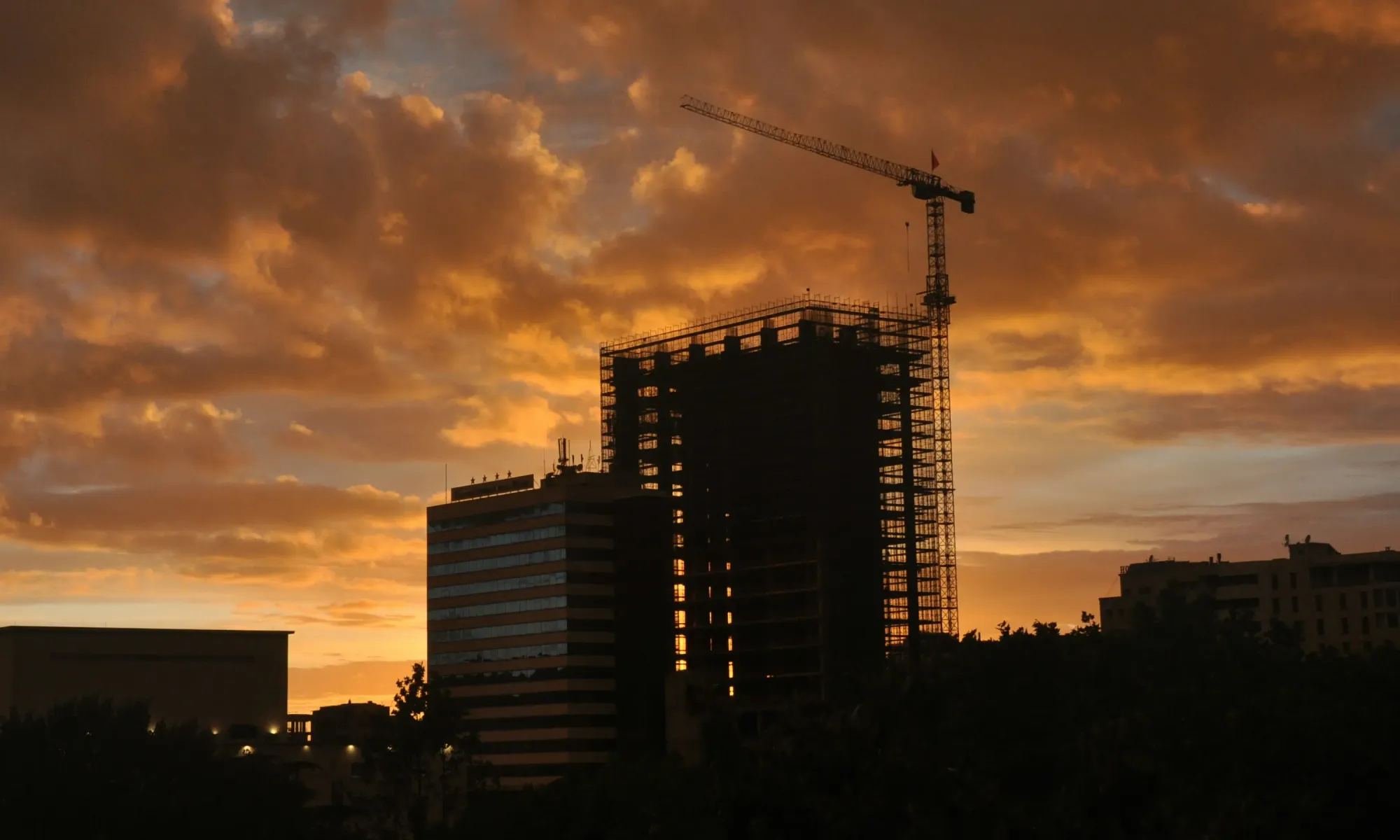
Looking ahead, Albania could gradually join the global trend of tokenized assets. We have seen in other countries that once legal and technical basics are in place, innovation follows. If even a few properties or projects get successfully tokenized in Albania, it could encourage others. More transparent and faster investment could help build hotels, apartments, farms, and energy projects faster. While Albania isn’t the center of tokenization yet, it is setting up the pieces – laws, platforms, and partners – for future growth.
In summary, tokenization in Albania offers a promising new way to invest in the country’s assets. With its natural attractions and growing economy, Albania has a lot of potential real estate and energy projects to offer. Tokenization turns property into tradeable digital shares, opening these markets to many more people. Thanks to recent laws and initiatives like T-Blocks, Albania is beginning to embrace this idea. If the trend continues, one day buying a piece of an Albanian villa or solar park could be as easy as a click on your phone.

